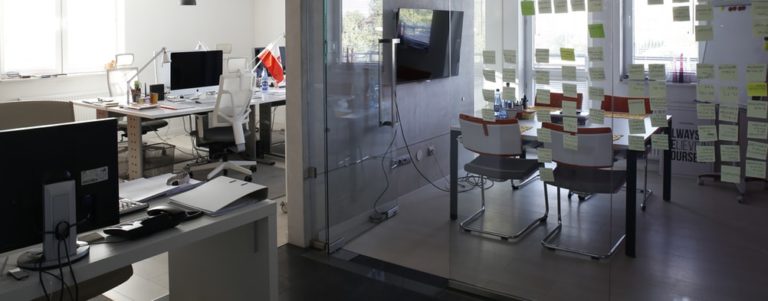Initially coined the ‘great equaliser’, the COVID-19 pandemic is turning out to be anything but. Data from LinkedIn revealed that the pandemic has a significant impact on women in work.
The research found that women were less likely to be hired during the peak of lockdown and were less confident about their career prospects. In 2019, women accounted for 45.6% of hires in the UK. However, during the height of the pandemic in April 2020, the number fell to 41.5%. Women were significantly impacted in the Recreation and Travel sector, where women had accounted for 44.3% of hires in 2019, but only 31.1% during May 2020. This evidence proves that the pandemic had hit women harder during the peak.
When restrictions to contain the virus were lifted, the number of females hired improved. By July, the number of women being hired rose to 45.2. And in September, the number has returned to levels seen before the pandemic. However, while this is good news, women started on a lower baseline and still need to make up for the loss of hires in April and May.
Additional research found that women are feeling less confident about their future work prospects in comparison to men and that mums have been bearing the brunt of additional childcare responsibilities throughout lockdown.
32% of women said that they were providing full-time childcare to their children, compared to 19% of men. The wider impact of this means that the association of women and childcare could affect the rate of hiring as employees work remotely.
It also sheds light on the effect of lockdown on working women and the need for flexible working conditions, with two thirds (62%) of women reporting increased levels of stress or anxiety due to the pandemic, compared to less than half (48%) of men.
Linkedin’s recent research shows that pandemic has caused work-related anxiety and stress across the board, but nearly two-thirds of women report this increased stress compared to less than half of men. It is my opinion that during lockdown, mothers are perhaps more likely than fathers to have reduced their working hours or worked late into the night because they experience more interruptions from their children during the day. Yet, I believe the lockdown may have encouraged the change in attitudes of fathers, mothers and employers, to have more evenly spread share of responsibilities and normalize flexible and remote working in the post-COVID economy in order to preserve more balanced workforce.
This data proves that overall women are facing greater challenges in work throughout the pandemic. But what can you do as an employer to support women during this time?
How can you support women in work?
Ensure progression is prejudice-free – Start monitoring the progression of employees at your workplace and when people leave. Looking who is progressing will reveal obstacles faced by other employees, leaver data can reveal why female employees might leave to get a competitive edge. Benefits like maternity pay, flexible work or childcare support might impact a decision to stay in the workplace. Crunch the data, and develop the policy to support affirmative action for women.
Ensure you support diversity hiring – Diversity hiring ensures that candidates are free from prejudice. Make sure that your hiring process is fair by introducing blind hiring processes, and if you work with Executive Search firms like our own, then ask them how they can make sure that hiring is fair too.
Support flexible working post pandemic – Consider flexible working after lockdowns are lifted. This will allow parents and families to benefit from a more supportive work-home life, which may ease some of the care related stresses that mothers and fathers experience.
Encourage a healthy culture – Make mental and physical health services available to your staff to proactively combat stress and encourage a healthy and supportive workplace culture.
Make promotions fair – Women are 21% less likely than men to be promoted. Make sure that advancement is treated fairly in your company by setting clear and transparent goals for promotion. By publishing the key criteria for progression you can ensure all team members are rewarded fairly for the work.
360leaders is committed to gender parity and is proud to be helping women and mothers with employment during this time. The crisis has highlighted the importance of inclusion across gender, ethnicity and class, and we are doing everything we can to support those affected by employment and back into work. Throughout this period, we encourage those in need of any advice or support to contact us. We continue to support female parity in technology, helping clients to find the talent they need to succeed in a fair recruitment process with additional onboarding and coaching to make the process of enrolment as smooth as possible. To read all about the hires we make, visit our case studies page here.



